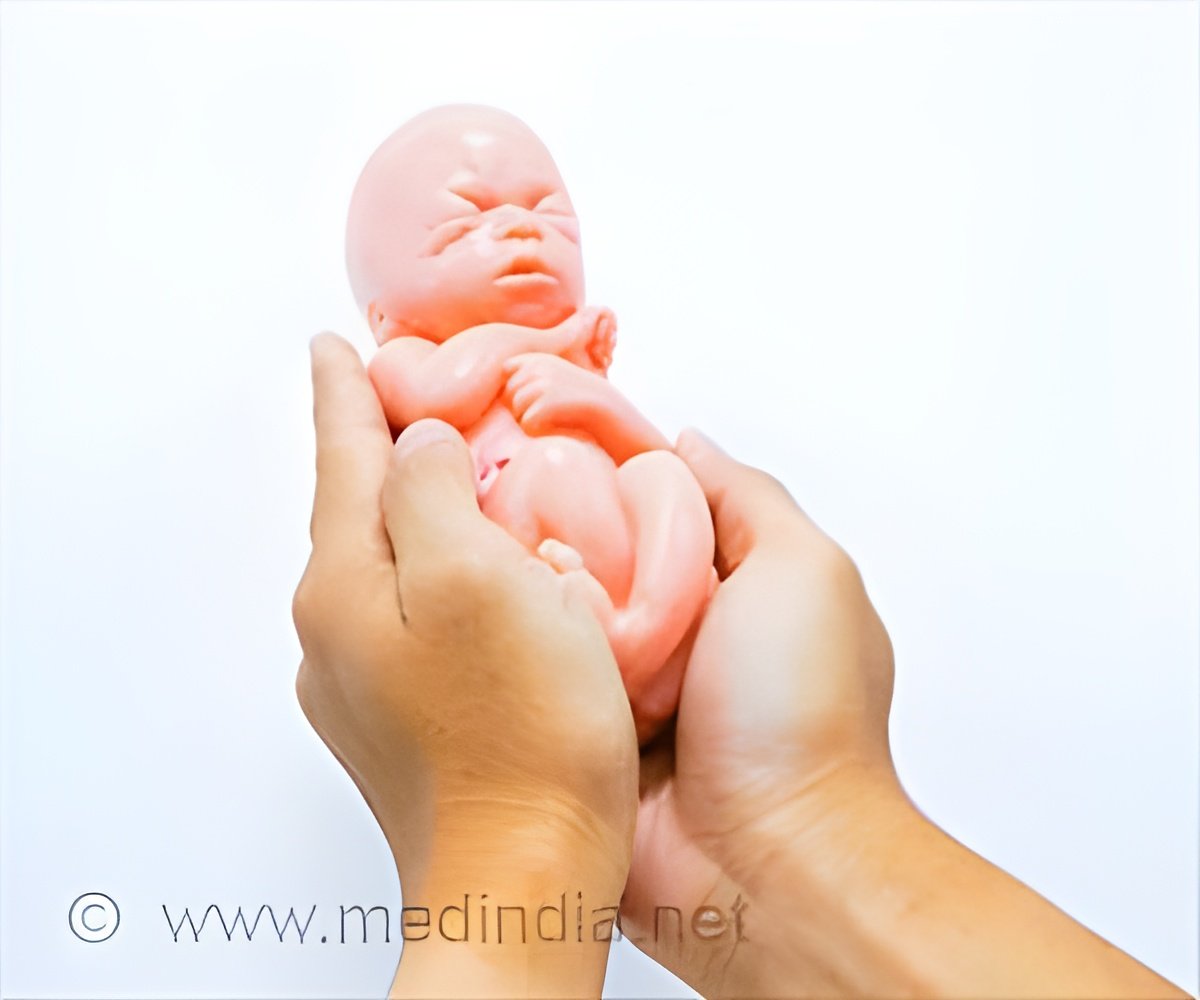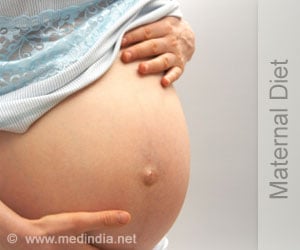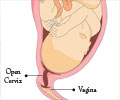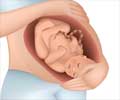
‘Progesterone helps the womb grow during pregnancy and prevents a woman from having early contractions that may lead to miscarriage.’
Tweet it Now
“Children who were born to women who received the drug during pregnancy have double the rate of cancer across their lifetime compared to children born to women who did not take this drug,” said Caitlin C. Murphy, Ph.D., MPH, lead author on the study and associate professor in the Department of Health Promotion and Behavioral Sciences at UTHealth School of Public Health in Houston.Researchers reviewed data from the Kaiser Foundation Health Plan on women who received prenatal care between June 1959 and June 1967, and the California Cancer Registry, which traced cancer in offspring through 2019.
Out of more than 18,751 live births, researchers discovered 1,008 cancer diagnoses were made in offspring ages 0 to 58 years. Additionally, a total of 234 offspring were exposed to 17-OHPC during pregnancy.
Offspring exposed in the womb had cancer detected in adulthood more than twice as often as offspring not exposed to the drug – 65% of cancers occurred in adults younger than 50.
These findings suggest taking this drug during pregnancy can disrupt early development, which may increase the risk of cancer decades later.
Advertisement
The U.S. Food and Drug Administration proposed in October 2020 that this particular drug be withdrawn from the market.
Advertisement
Source-Medindia















